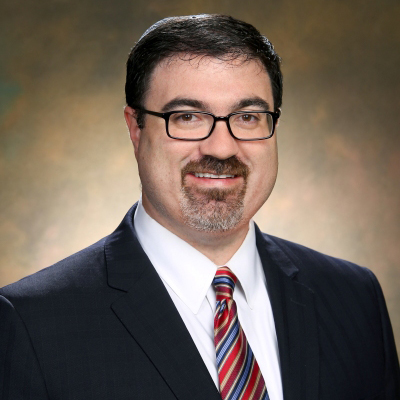I have an incredible knack – some even call it a skill – to kill every plant that’s been unfortunate enough to come near me. Even cacti and succulents can’t escape my death grip. While I’m not a great gardener myself, I actually love plants and I have read about and love the idea of permaculture.
Permaculture is a gardening system where people observe and emulate nature. Instead of fighting nature with pesticides and chemicals, a gardener can learn from the natural system of life and decay and gradually build a garden that is deeply connected to the greater ecological whole.
The ideas of gardening and permaculture can apply to our lives. On one hand, the lessons of gardening teach us that we can build something wonderful and nourishing for right now. We have the ability and agency to shape our future to yield the harvest we want from our lives. On the other hand, the principles of permaculture remind us that we need to do so by considering how we effectively and productively work within the systems of our world, our community, and our family. None of us lives on a desert island. All of us operate within a complex natural system.
The Soil of our Soul
A spiritual life cannot be fostered through osmosis – through merely belonging to Temple. In the two years that I’ve been here no one has ever said to me: “My life feels balanced and whole because I pay Sacred Gifts to Temple.”
But I have heard and learned about the transformational power of deliberate practice. About the enriching ways that the study of Torah has brought to the choices that people make in their daily lives. How yoga has stretched more than muscles. I’ve heard how music and Hebrew added depth and feelings of competency. I’ve seen how a trip to Israel connected an American Jew with Am Yisrael, Jewish peoplehood. I’ve heard how a visit to the bedside of someone in the hospital was as impactful on the person in the hospital as it was on the life of the volunteer. I’ve heard how Talmud study made more relevant the nuances of tradition. And how the silent moments in a Shabbat Service allowed for a calm deliberate breath in the hectic din of life.
Someone once asked me why Temple’s calendar is so full. It’s about conditioning the spiritual practices and the intellectual pursuits that nourish our souls and from which meaning is cultivated.
Being a part of greater whole.
Perhaps the defining problem of our current age is that our lives have become like never ending marathon races. We are engaged with technology in our pockets and purses, texting instead of talking, Facebook and Instagram posts instead of conversations. We are scurrying around carpooling children while eating breakfast and dinner in the car. We are moving faster and faster in the race of life. But despite the other runners we see scurrying around us, we feel more alone and disconnected.
One of the challenges facing today’s generations is that we find ourselves in a culture of quick encounters where we have fewer relationships of depth and quality. But we know that all real living is meeting.
Denise Rushing, a master gardener, explains, “Every element in a garden, whether it is a plant, an insect, a rock, a pond, animals, a tree or a structure, has an effect on others.”[1] We are not alone. Each one of us, whether we know it or not, can have and should have impact and impart on the greater whole.
This is why our tradition teaches that a minyan – a prayer quorum – requires ten people. Or that studying in a group is more fulfilling than studying on one’s own. Or why our people, for thousands of years, lived in close proximity to one another. You and I… we all matter. And we matter to one another and to this place.
What really makes involvement in Temple transformative is the relationships that they cultivate. The relationships that we foster and develop are fundamentally important towards affecting and connecting our souls to the possibility of human and Divine relationship. When we find ourselves facing a tough place: a job loss, a death, a divorce, challenges with our own parents or children, with questions about how we are moving through life…..It is the relationships – with each other and with God – that sustain us. It is also that way with joy and celebration. When we celebrate a wedding, a career milestone, a birth of a new child- joy and love and excitement are also enhanced by our relationships with others.
Our lives need to be filled with the light of people. We draw support from one another. The conversations and the experiences we have give us purpose and value, meaning and worth. Real living requires us to see and be seen by others. To meet and to be met. The garden of our lives need to be filled with relationships that support, sustain, and enliven our lives.
Each one of us is an important part of the greater whole. I pray that in the weeks leading up to the High Holy Days we consider how we will nourish our spiritual and intellectual and relational selves so that we can be supported and sustained along our life journey. May our lives be a garden of vision and possibility and promise, a garden of love and peace.
[1] Denise Rushing, Tending the Souls Garden. Pg. 20




